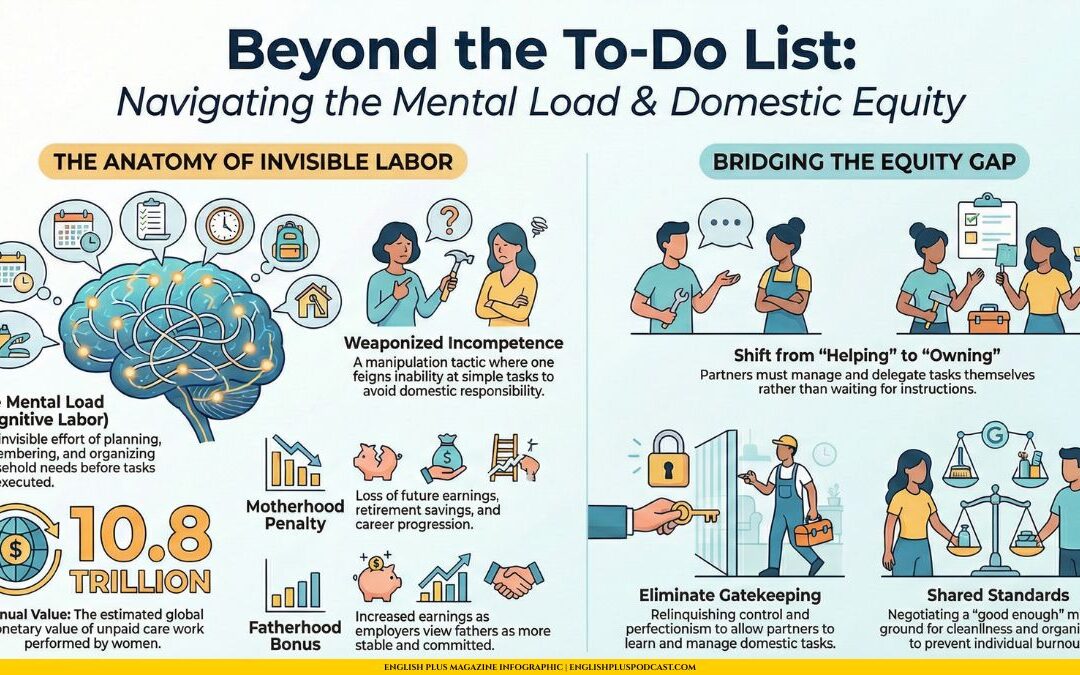Characters: More Than Just Names
A well-developed character isn’t just a cardboard cutout in a story. They have desires, flaws, quirks, and a past that shapes them. They make mistakes, they grow, they surprise us.
Here’s how authors pull this off:
- Inner Life: Great characters don’t just act; they think and feel. We get glimpses of their internal monologues, doubts, and motivations.
- Backstory: Even if not explicitly shown, a strong character has a past. Hints of past struggles or triumphs add depth.
- Contradictions: The most compelling characters are both relatable and flawed, just like us! They might be brave but stubborn, kind but insecure.
- Growth (or Lack Thereof): Over the story, a character might evolve or stubbornly resist change. Both can be powerful if done well.
Why Characters Matter
Let’s be honest, we read for the characters! Here’s why they get under our skin:
- Empathy Machine: Well-crafted characters make us feel what they feel. We root for them, cry with them, want to shake some sense into them.
- Mirror, Mirror: We see bits of ourselves in characters, both the good and the bad. This helps us grapple with life’s complexities.
- Inspiring or Cautionary: Characters can be role models (who doesn’t want to be a bit more like Elizabeth Bennett?) or warnings of what we don’t want to become.
- Pure Escapism: Sometimes it’s just satisfying to encounter a villain so deliciously wicked or a hero so swoon-worthy, they don’t exist outside fiction!
Real-Life Connection
Understanding character development makes you a more perceptive reader, but that’s not all. Think about it:
- Keen Observer: Analyzing fictional characters hones your ability to understand the complexities of real-life people, yourself included.
- Empathy Boost: Appreciating what makes a character tick enhances your empathy skills – a superpower in the real world!
- Creative Spark: Understanding character development can inspire your own storytelling, whether in journaling, presentations, or maybe even writing that novel lurking in your head!
Take Action
- Analyze Faves: Reread a beloved book or rewatch a favorite movie. Pay attention: What makes a character memorable for you?
- Play Author: Write a short character sketch for an imaginary person. Consider their desires, contradictions, and a hint of backstory.
- People-Watch: Observe people in a public place. Try guessing a bit about their internal lives or backstory based on clues like expressions and clothes.
Great literature doesn’t just entertain; it teaches us about ourselves and the human condition. The next time you’re engrossed in a story, appreciate the author’s artistry in crafting characters who linger in your mind long after the last page.
Why Should You Care?
- Deeper Appreciation for Literature: Understanding character development unlocks a new layer of enjoyment when reading books or watching movies.
- Enhanced Understanding of Humans: Fictional characters offer a lens to analyze motivations, complexities, and patterns of behavior in ourselves and real-life people.
- Sharpening Your Own Storytelling: Whether you’re a writer or just want to be more captivating, studying character development improves your ability to create compelling figures.
Key Takeaways
- Characters drive stories: It’s not just about plot; readers are emotionally invested in characters and their journeys.
- Inner lives matter: Thoughts, desires, and backstories make characters feel three-dimensional and relatable.
- Flaws are fascinating: Perfectly ‘good’ characters are boring. Contradictions and complexities make them interesting.
- Characters evolve: Powerful stories often involve change (or resistance to it), creating satisfying narrative arcs.
Keywords
- Character Development: The literary technique of creating believable characters with depth, flaws, and motivations.
- Inner Life: A character’s thoughts, feelings, and internal struggles that shape their actions and worldview.
- Backstory: A character’s past experiences, often hinted at, that have shaped who they are today.
- Contradictions: A character possessing seemingly conflicting traits (brave but insecure), adding nuance and realism.
- Growth Arc: The character’s evolution or transformation throughout a story.
- Empathy: The ability to understand and share the feelings of another, often elicited by well-developed characters.
- Relatable: A character a reader can see themselves in, possessing recognizable qualities, struggles, or triumphs.
- Role Model: A character who inspires admiration and emulation due to their positive qualities or actions.
- Anti-hero: A flawed protagonist with questionable methods but still gaining some audience sympathy.
- Archetype: Recurring characters representing universal patterns (hero, villain, mentor), often a starting point for richer development.
Frequently Asked Questions
- Are villains just poorly developed characters? Not necessarily! Great villains can be complex, with motivations the reader might understand even if they don’t approve.
- Can a real person inspire a fictional character? Absolutely! Authors draw inspiration from everywhere, but change enough identifying details to create unique figures.
- Do minor characters matter? Even smaller characters can be memorable with a few well-chosen traits, contributing to the story world’s richness.
Myth Buster
- Myth: Likeable characters are the best.
- Reality: Compelling characters can be deeply flawed or morally ambiguous, drawing us in with their complexities.
Let’s Talk
- Who’s your favorite literary character and why?
- Can you think of a character who changed your perspective on something?
- If you were an author, what’s one essential ingredient you’d include in your character-building process?
Share your thoughts in the comments below!










0 Comments